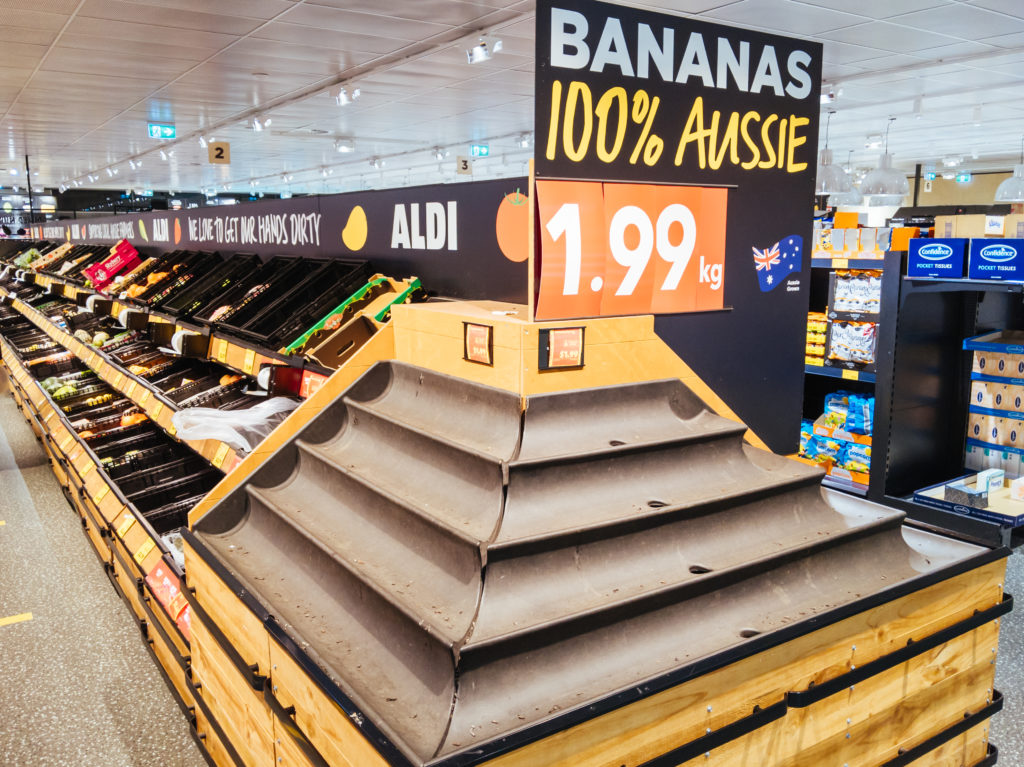Health / 10 January 2022
COVID crunches as kids get jab-ready

THE SQUIZ
Australians are being urged to have medication to hand as it’s “likely” that many of us will test positive to COVID in the coming days, if we haven’t already, according to Deputy Chief Medical Officer Professor Michael Kidd. The advice comes as more than 266,000 people (including Governor-General David Hurley) were confirmed as new COVID cases over the weekend. Kidd says many won’t get any symptoms, but we should use paracetamol/ibuprofen for fevers and stay hydrated if we do. “It’s important to be prepared because you won’t be able to go to your supermarket or pharmacy if you are diagnosed with COVID-19,” he said yesterday.
SPEAKING OF THE SUPERMARKET… WHERE’S THE FRESH FOOD?
Yeah, we noticed that too. There are not enough workers to transport and distribute food from the producer to the shelves ATM because many have COVID or are in iso. In response, NSW and Queensland will let symptom-free close contacts who work in food production and distribution get back to it. Industry players say about 30% of workers in the food transport and distribution game have been sidelined in recent weeks, along with 10% of supermarket store staff. These exceptions are similar to changes recently introduced for critical health workers – and officials are considering a plan to allow critical workers across sectors including aviation, essential services and child care to get back to work. They are changes the unions have described as “beyond reckless”.
AND WHAT ABOUT THE CHILDREN?
Kids aged 5-11yo are eligible to get their first COVID jab from today. The doses need to be given 2 months apart, which means school-aged children will have the opportunity to get at least one shot before heading back to school. Queenslanders have a bit longer to hit that milestone… Premier Annastacia Palaszczuk yesterday pushed back the start of the 2022 school year to 7 February. No such luck for Year 11 and 12 students – they start remote learning from 31 January. Palaszczuk said modelling shows the state will reach the Omicron peak in the last week of January, and delaying the start of school will help minimise the spread and reduce the chance of snap closures. For its part, NSW officials are “absolutely committed” to getting kids back to school at the end of January.
Know someone who'd be interested in this story? Click to share...
The Squiz Today
Your shortcut to being informed, we've got your news needs covered.
Also Making News
Get the Squiz Today newsletter
Quick, agenda-free news that doesn't take itself too seriously. Get on it.
